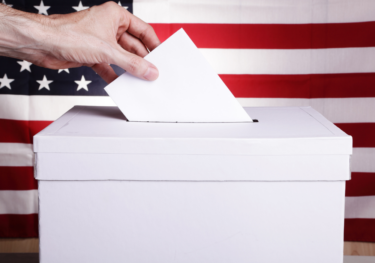Will a savings splurge materialise?
UK households have accumulated unprecedented savings during the pandemic, potentially offering the fuel for a consumer boom when the economy reopens. But what are the factors which will influence just how profligate, or prudent, savers prove to be? And will the release of pent-up cash prove to be a flood or a trickle?
This webinar was originally broadcast at the following times:
- EMEA – Wednesday 28th April | 10:00 BST
- Americas – Friday 30th April | 16:00 EDT
- APAC – Friday 30th April | 10:00 HKT

Andrew Goodwin
Associate Director

Andrew Goodwin
Associate Director
Andrew Goodwin | Associate Director
Andrew Goodwin is an Associate Director in our Macro & Investor Services team, where he is responsible for our UK macroeconomic forecast. Andrew contributes regular articles to a number of our publications and also edits the quarterly UK Economic Outlook. He regularly commentates on the UK economic outlook in the print and broadcast media.

Martin Beck
Lead Economist

Martin Beck
Lead Economist
Martin Beck | Lead Economist
Martin Beck is a Lead Economist at Oxford Economics. He is responsible for forecasting and monitoring the UK economy and works on a variety of UK macro-related consultancy projects. Martin contributes regular articles to a number of our publications and is also responsible for OE’s forecast for the Irish economy.
Prior to working for Oxford Economics, Martin spent almost two years at Capital Economics, where he worked on Capital’s UK macro and UK consumer services. He was responsible for producing UK macroeconomic analysis and forecasts on a national, sectoral and industry level. Before joining Capital, Martin spent 11 years as an economist in HM Treasury, where he worked in a variety of macroeconomic, microeconomic and policy roles. Martin has a first class degree in economics and a Master’s degree with distinction in economics from the University of London.
Related Services

Event
Inflation to fall further as ‘wartime characteristics’ fade
We show how the outburst of inflation in 2021-2023 can be traced in large part to ‘wartime’-style fiscal and monetary policies and pandemic-related distortions to labour and product markets. We also outline how these sources of inflationary pressure are now receding, which points to inflation rates in the G7 continuing to fall to 2% or lower this year and next.
Find Out More
Event
How the forecast may change after election day
During the next presidential term, the economy will receive a net boost from federal policymaking, and inflation will come in stronger, leading to a more cautious easing cycle by the Federal Reserve. This is the takeaway no matter the president and the political balance of power in Congress. In this webinar we will to take stock of the economy's performance across our six scenarios – two each for Trump, divided government, and the two most recent simulations for Biden.
Find Out More